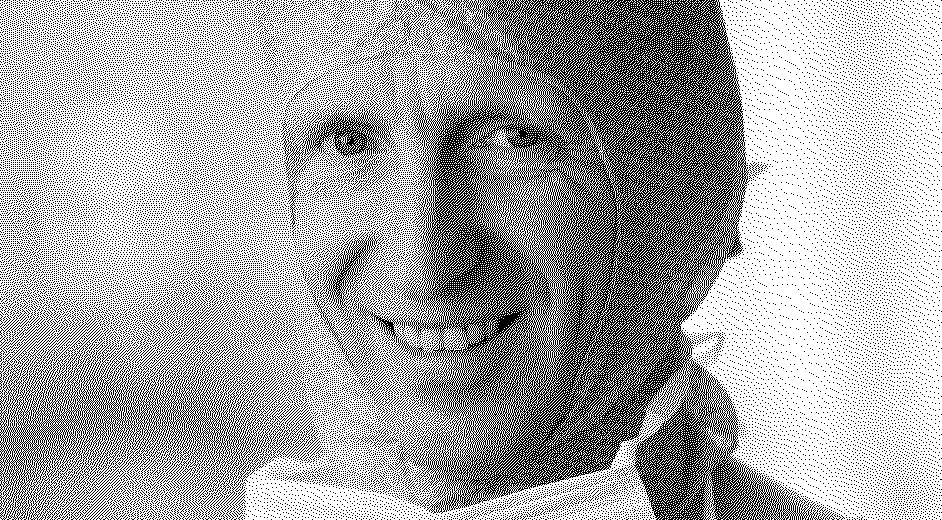
Could you briefly explain what pancreatitis is?
Acute pancreatitis means inflammation of the pancreas. This is a very special organ, since it produces a number of digestive enzymes and hormones such as insulin. Normally these hormones are produced in an inactive form as precursors.However, these precursors can sometimes become activated within the pancreas and cause autodigestion of the organ and surrounding tissue. This can be life threatening.
Overall, most episodes are self limited (about 80%), but some 20% can develop into the severe form. Mostly the underlying reason is gallstones (40%) and alcohol (40%). There are some other rare reasons such as hyperparathyroidism (overfunction of the parahyroid gland), medication and others.
What are the symptoms of pancreatitis? Is there a difference in symptoms between acute and chronic pancreatitis?
The most frequent symptom is upper abdominal pain, which can be like a belt around the abdomen and radiate to the back. Vomitting and bloating is also frequently present.In the chronic form, attacks of pancreatitis tend to happen intermittently, mostly after intake of too much alcohol.
This form of pancreatitis can develop into a very painful chronic problem, leading to inability to work and dependency on morphine-type painkillers. Diabetes can also develop later.
While the acute form mostly heals without necessary surgery (exception is the severe necrotizing form with dead tissue that became infected), the chronic form may need an operation to remove the scars stricturing the pancreatic duct and leading to repeated attacks.
How is pancreatitis treated?
The mild acute form is treated by staying nil by mouth for a few days and removing the cause (frequently gallstones). If there is necrosis of tissue and this becomes infected, draining and sometimes surgically removing the debris is warranted.
In the chronic form surgery may be necessary to alleviate severe pain syndrome, but mostly both forms of pancreatitis are treated medically as long as no complications occur.
How can pancreatitis be prevented?
Removing the gallbladder and avoiding alcohol are the two major factors that are responsible in preventing 80% of cases.Sometimes more rare conditions like special infections, medication, parathyroid dysfunction, hyperlipidemia and others are responsible. These patients belong in the hands of experts.





